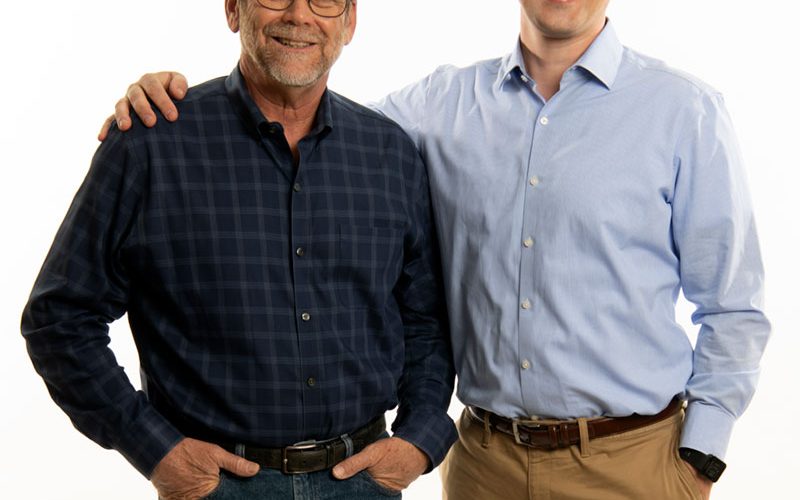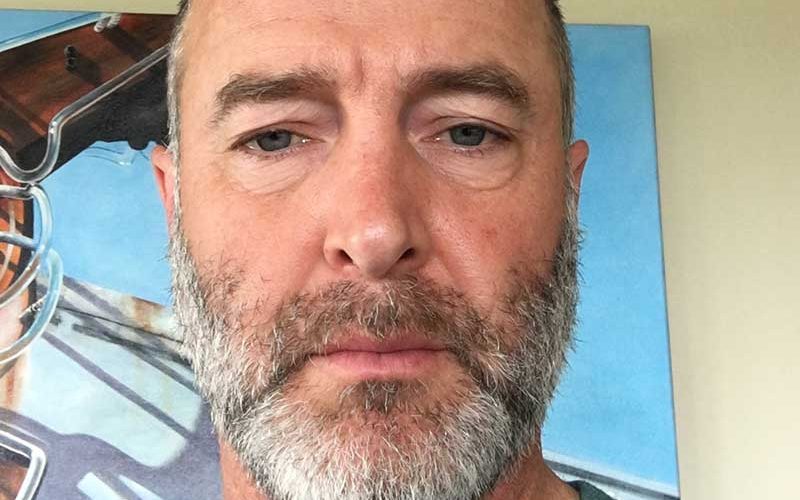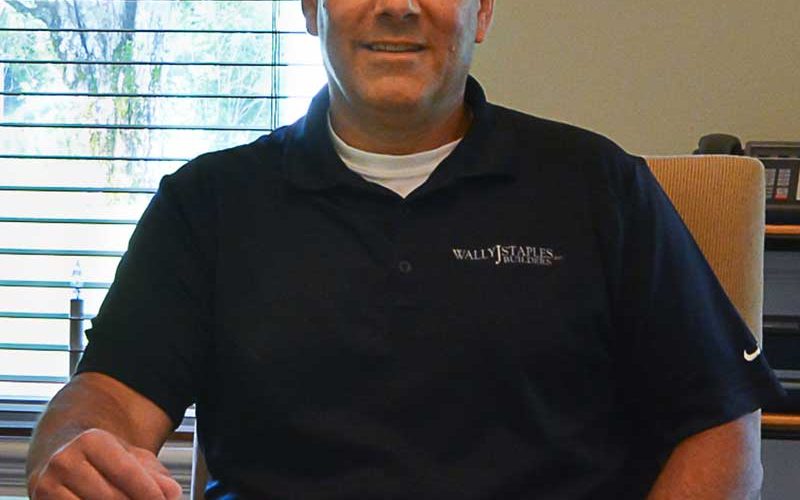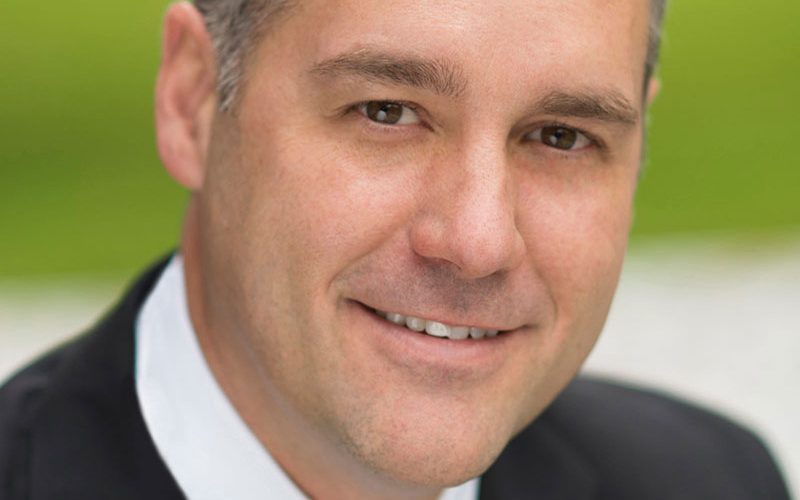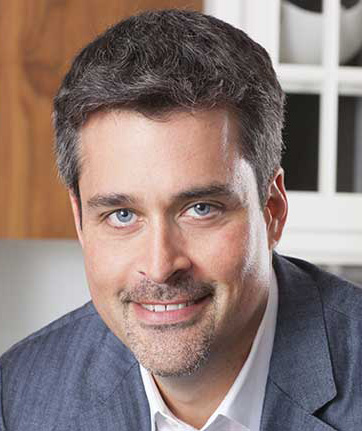Ep.86: Hindsight is 2020
If you’ve ever wondered what you’d do differently when starting your remodeling business if you only knew then what you know now, you’re not alone.
Tim and Steve do, too.
In this episode, the guys talk about what they’ve learned in their time at Remodelers Advantage and from their podcast guests that they wish they knew when they were running their own businesses.
They each identified the five biggest takeaways that make remodeling businesses stronger, more profitable, and built for growth. Learn what they think is important and why, including:
- The power of job descriptions
- Being financially transparent
- Protecting profit through data
- Making business decisions based on numbers, not feelings
- Learning to sell, not just take orders
- Getting to a zero punch list
- And more …
Including the five states Tim still has to visit, as well as sincere thanks from everyone at the show for giving us your time, ideas, and feedback. If you’ve got an idea for a topic or guest, drop Tim a line at tim@remodelersadvantage.com.
Early Bird Discount Available for The Extreme Business Makeover on January 28-29 in Baltimore – Save $200 by Registering Before January 22nd
Come learn from Tim Faller and some of the most experienced, well-respected speakers, presenters and panelists in the North American remodeling industry.
The Extreme Business Makeover is two days of interactive, thought-provoking presentations, break-outs and panel discussions with some of the remodeling industry’s best and brightest. The perfect way to prepare your company for 2020 and beyond! Register Today!


